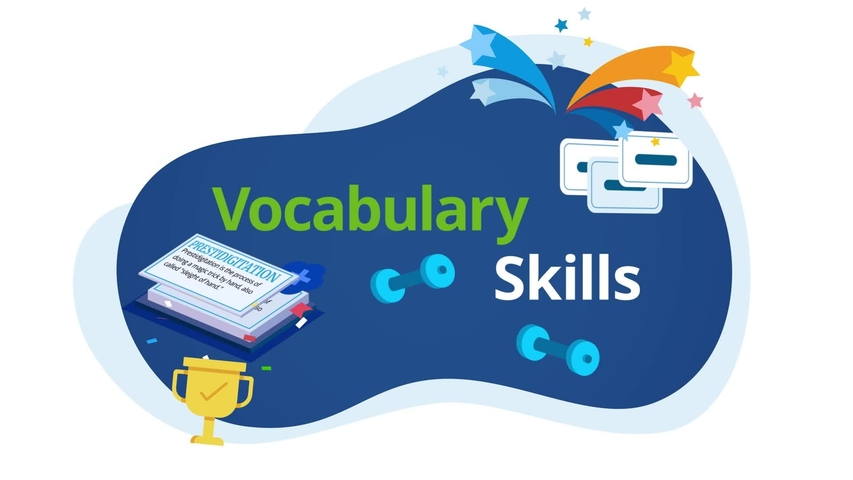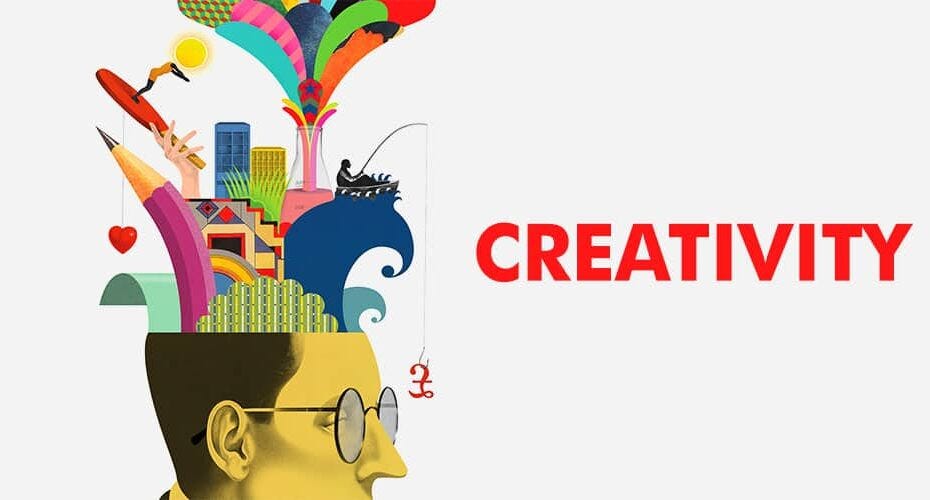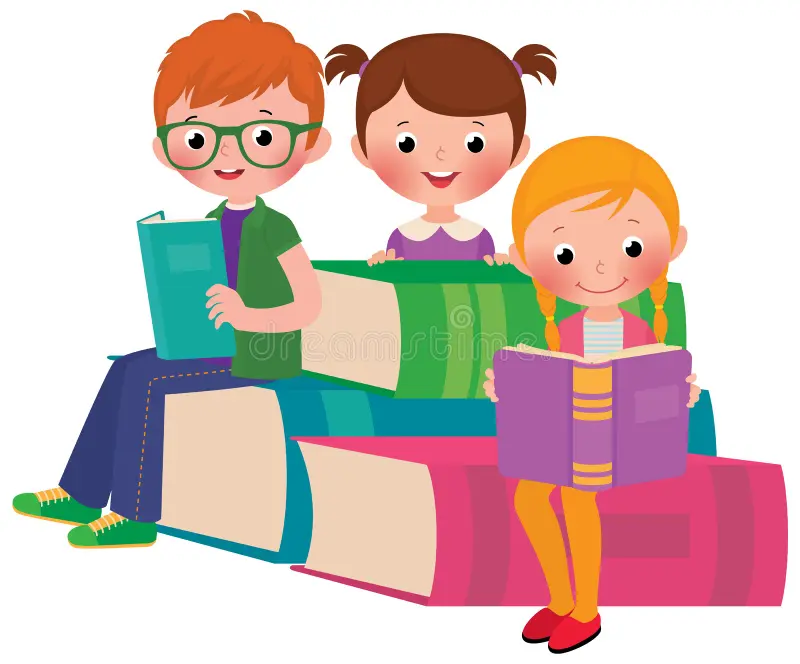In today’s academic-driven environment, students often focus only on textbooks and syllabus-based reading. However, reading beyond the textbook is not just beneficial—it’s essential. Independent reading fosters creativity, critical thinking, empathy, and a love for lifelong learning.
Building Language and Vocabulary Skills

When students explore books outside of their curriculum—like novels, biographies, poetry, and magazines—they’re exposed to diverse styles of language and vocabulary. This not only improves comprehension but also enhances their communication and writing abilities.
Encouraging Curiosity and Imagination

Reading for pleasure allows students to travel to new worlds, experience different cultures, and understand unfamiliar perspectives—all from the comfort of their classroom or home. It nurtures imagination and makes learning enjoyable.
Strengthening Critical Thinking
Books beyond the syllabus introduce complex characters, real-world issues, and layered narratives. These challenge students to analyze, reflect, and question what they read—key skills needed both in academics and life.
Creating Independent Learners

Independent reading habits teach students to Seek Knowledge on Their Own, Set Personal Goals, and Develop Self-Discipline. This autonomy helps them become self-motivated learners beyond school.
How Schools and Parents Can Help
- Set up classroom libraries and reading corners
- Recommend age-appropriate books
- Organize reading challenges or book clubs
- Allow time for silent reading during the school day
Conclusion
Reading beyond textbooks is more than just a hobby—it’s a pathway to personal growth, creativity, and lifelong success. Let’s inspire our students to read freely, think deeply, and grow into thoughtful, informed individuals.
